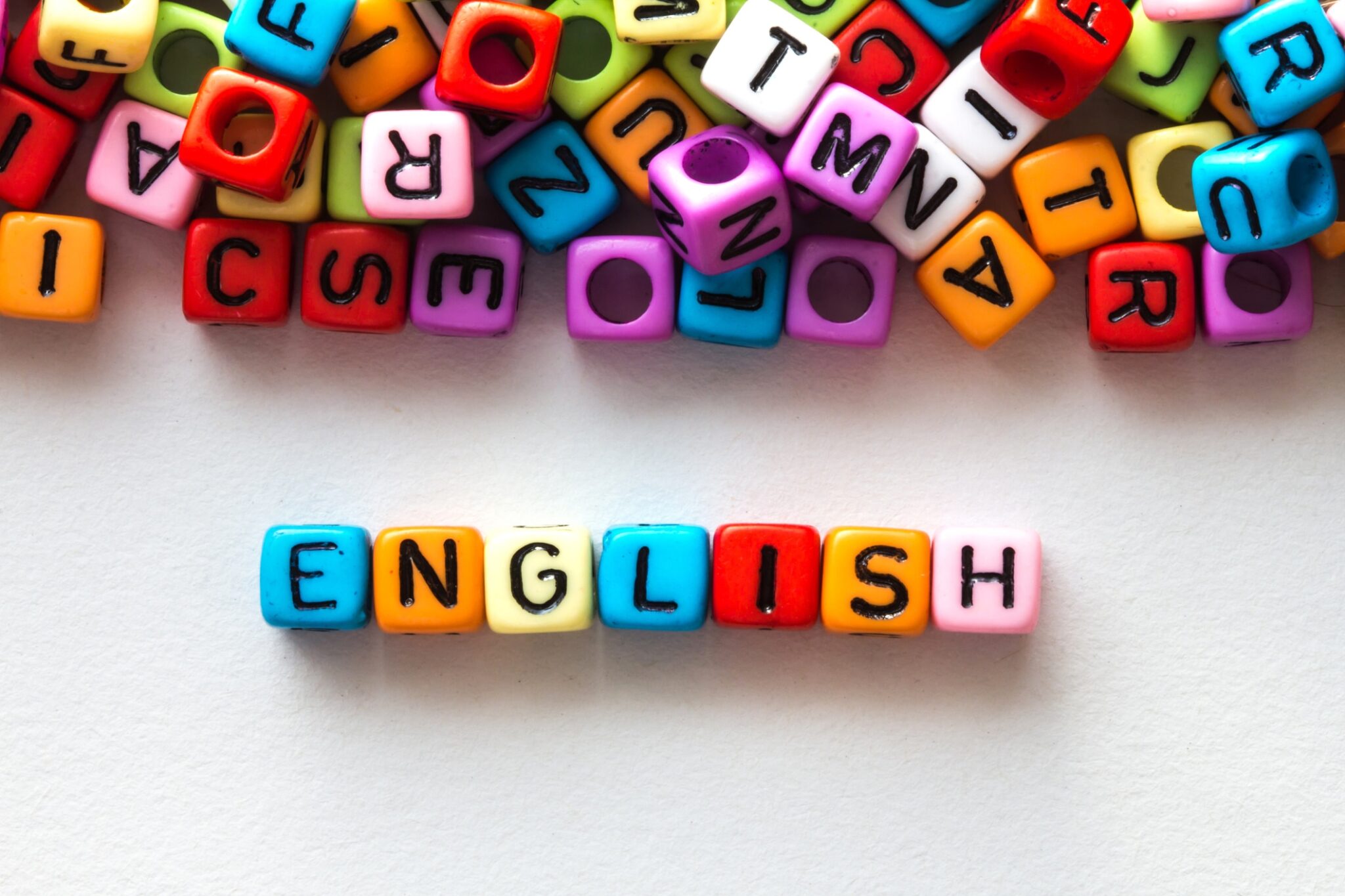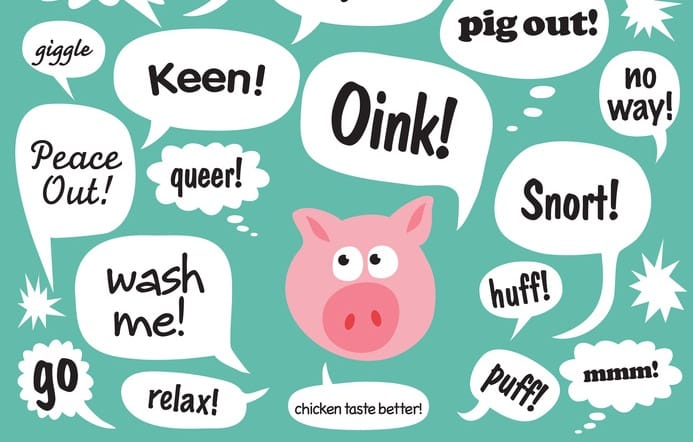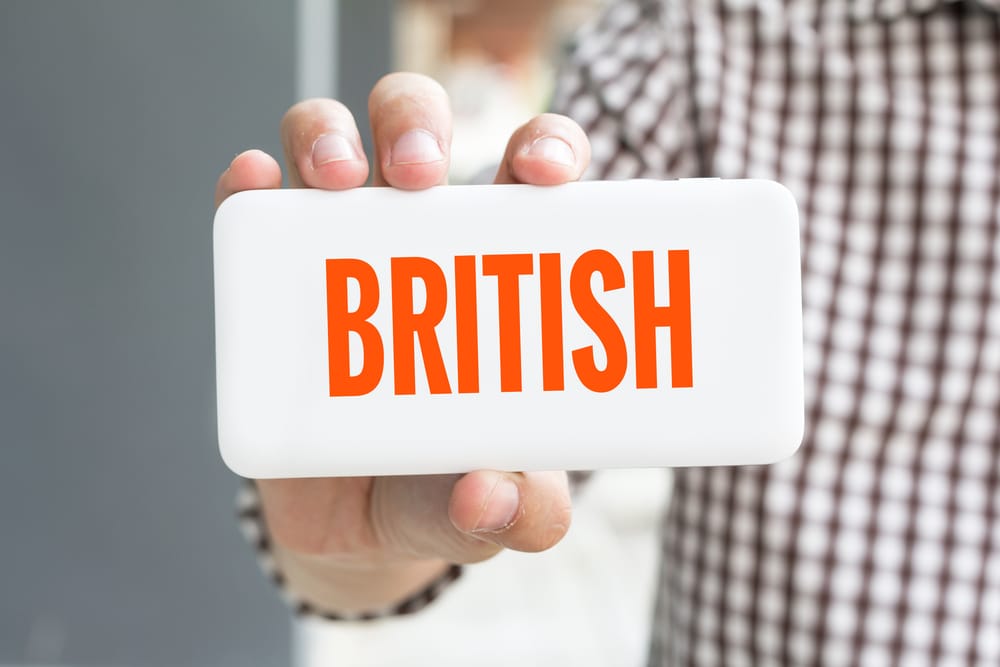1. Leg it = meglépni, elfutni, elmenekülni
Make a run for it; run away; scarper.
“That’s when all of the lights came on, and so we legged it.” – Akkor minden fény felgyulladt, mi pedig menekülőre fogtuk a dolgot.
2. Long = nagy erőfeszítést igényel, és nem éri meg megcsinálni
Something that takes a lot of effort and probably isn’t going to be worth all of the effort, either, could be described as “long.” This could be due to the lengths that the person will have to go to in order to complete the task.
Something that is “long” is probably also annoying or aggravating.
“Cleaning the kitchen is long.” – Kitakarítani a konyhát nagy erőfeszítés, és nem is éri meg.
3. Lurgy = betegség, nyavalya
If someone’s “caught the lurgy,” they’re suffering from cold or flu-like symptoms.
“The dreaded lurgy” originates from 1950s British TV show “The Goon Show,” in which one character has to deal with a national epidemic of an unidentified illness.
“Lurgy” is probably based on a mispronunciation of the word “allergy.”
“She’s come down with the dreaded lurgy.” – Legyűrte a rettegett nyavalya.
4. Making random words past-tense to mean drunk = a részeg szó szinonimájaként alkotott random múlt idejű szavak
“Did you see Kyle? He was absolutely trollied.” – Láttad Kyle-t? Teljesen le volt amortizálódva.
Brits are known for favouring a drink or two, so much so that almost any noun can be used as a substitute for “drunk.”
In his stand-up show, British comedian Michael MacIntyre said: “You can actually use any word in the English language and substitute it to mean drunk. It works.”
Examples include “trollied,” “smashed,” and “gazeboed.”
“I was absolutely car-parked last night.” – Teljesen be voltam állítva tegnap este.
5. Miffed = megmérgedni, begerjedni valakire
Slightly irritated or annoyed.
“Miffed” possibly derives from the German “muffen,” meaning “to sulk.”
“I was a bit miffed, I can’t lie.” – Kicsit begerjedtem, nem tagadhatom.
6. Minging = undorító
Something unpleasant, unappetising, or highly unattractive might be described as “minging.”
The term comes from the Scottish slang word “ming,” meaning faeces.
“What’s in that sandwich? Is that ham and tuna? That’s minging.” – Mi van abban a szendvicsben? Sonka és tonhal? Undorító!
7. Mint = tökéletes állapotú
“Mint” might be used when referring to something of the highest calibre.
Derived from “mint condition,” which refers to something pre-owned that retains its pristine condition, although something that’s just “mint” doesn’t have to be pre-owned.
“Those shoes are mint!” – Az a cipő tökéletes állapotban van, mintha új lenne.
8. Mortal = tökrészeg, hullarészeg
Derived from the Newcastle sociolect, “mortal” was made widely known across the country in 2011 by reality TV show “Geordie Shore.”
“Mortal” describes someone highly intoxicated or drunk in a sloppy manner.
“Did you see Scott last night? He was mortal.” – Láttad tegnap este Scott-ot? Hullarészeg volt.
9. Nick = elcsórni, börtön
“The Nick” can refer to prison, while “to nick” also means to steal.
The origins of the phrase are largely debated online, however, it’s believed that “to nick” as in to steal influenced the slang term for prison, as being imprisoned is similar to being “stolen” away.
“Did you just nick that?” – Most csórtad?
“Don’t get caught, or you’ll end up in the Nick!” – Vigyázz, nehogy elkapjanak, különben börtönben fogsz kikötni!
10. On it like a car bonnet = teljesen uralni a helyzetet
This colloquialism might be said by someone that has the situation under control.
“How’s the report going, Steve?” – Hogy áll a jelentés, Steve?
“Don’t you worry, Alan, I’m on it like a car bonnet.” – Ne izgulj, Allan, abszolút ura vagyok a helyzetnek.
11. On the pull = fel akar csípni/szedni valakit
Someone that’s “on the pull” has gone out, usually on a night out, with the intention of attracting a sexual partner.
“Pull” can also be used as a verb. If you’ve “pulled,” you’ve kissed someone.
“You look nice. Are you going on the pull?” – Jól nézel ki. Fel akarsz szedni valakit?
12. Over-egg the pudding = túlhajtani, túlzásba vinni
“Over-egging the pudding” means embellishing or over-doing something to the extent that it’s detrimental to the finished product.
Although this sounds like an analogy about the chemistry of baking, or putting too many eggs in a cake batter, “egg” actually comes from the Anglo Saxon “eggian,” meaning to “excite.” This is still used in English in the phrase “egging someone on” to do something.
In “over-egging the pudding” analogy, someone is over-exciting, or over-mixing, the batter too much before it bakes — resulting in a tough or dense cake.
“We get it — you’ve injured yourself. Don’t over-egg the pudding.” – Megkapjuk, de te megsérültél. Ne vidd túlzásba a dolgot!
Vocabulary
to scarper | elillanni |
effort | erőfeszítés |
aggravating | bosszantó, idegesítő |
flu | influenza |
dreaded | rettegett |
epidemic | járvány |
unidentified | azonosítatlan, fel nem ismert |
mispronunciation | félremondása, rosszul kiejtése valaminek |
substitute | heyettesítő, pótlék |
to sulk | duzzogni, durcáskodni |
unappetising | nem étvágygerjesztő |
unattractive | nem vonzó |
faeces | széklet |
tuna | tonhal |
mint condition | tökéletes, szinte új állapot |
pre-owned | használt, másodkézből való |
to retain | megtartani |
pristine condition | eredeti jó állapot |
intoxicated | részeg |
sloppy | elázott |
prison | börtön |
intention | szándék |
verb | ige |
to kiss | megcsókolni |
to embellish | cifrázni, díszíteni |
detrimental | hátrányos, káros |
batter | tészta |
to egg somebody on | nógatni, ösztökélni, nógatni |
dense | sűrű, tömör |








